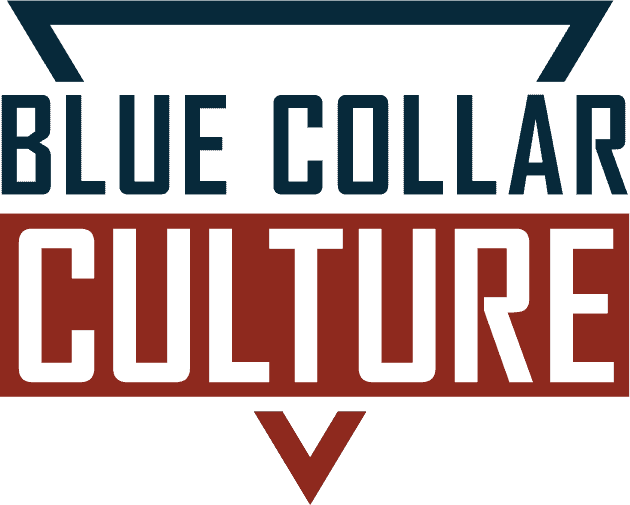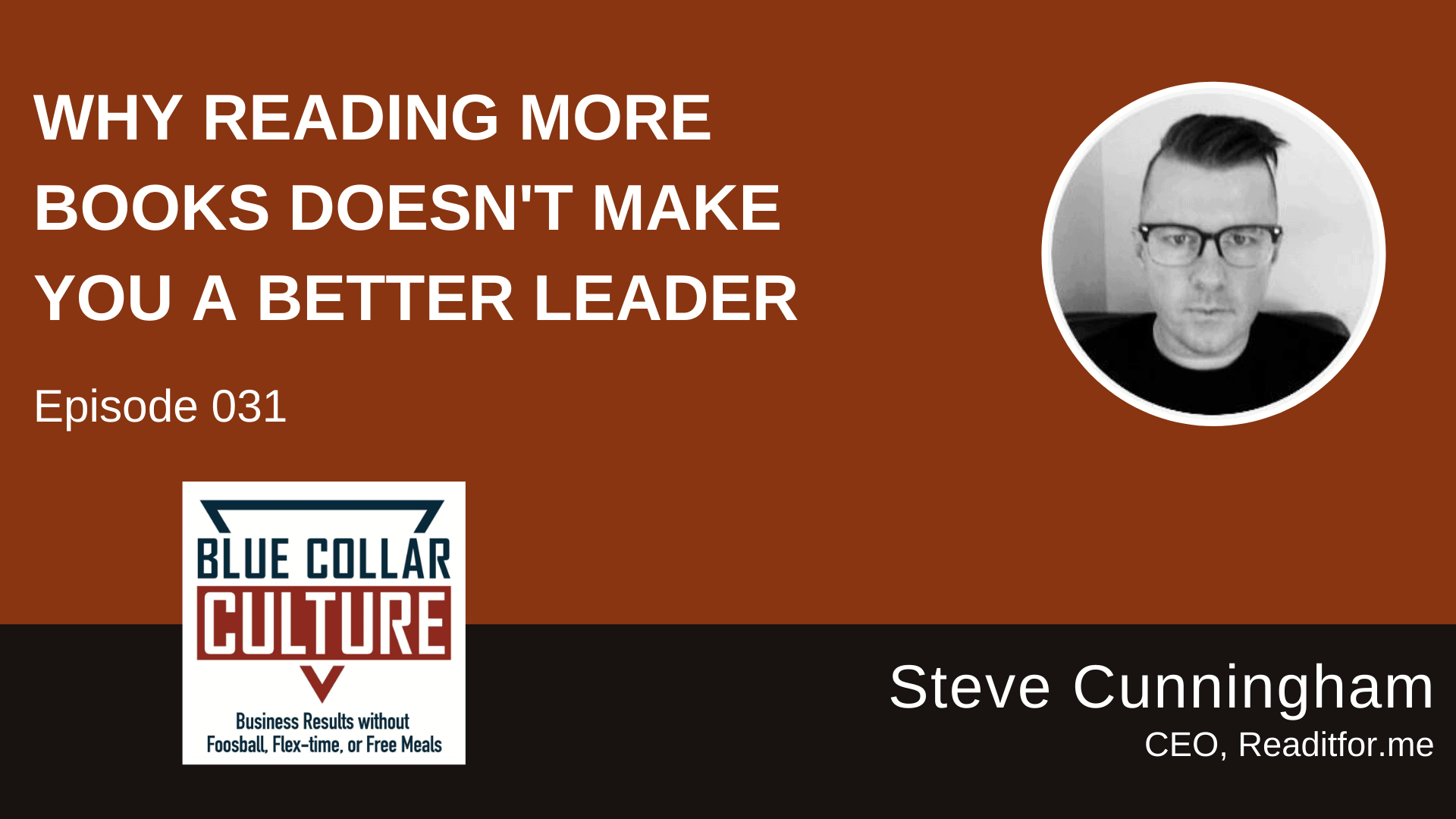Steve Cunningham is on a mission to dispel a persistent myth: that to be successful you just need to read more books. Truth is you don’t need more knowledge… you just need the right knowledge that you can apply to your business and life.
That’s where Steve’s Readitfor.me comes into play. He distills best-selling business and self-development books into impactful 12-minute text, audio, and video summaries. Instead of wading through a sea of books, you can choose topics to help you achieve specific goals and learn from the world’s top experts in those areas.
As Steve puts it, he focuses on behaviors, actions, and results – not knowledge. Tune in to get all the details on his process, the results, and more, including…
- The two different types of growth mindset
- How to find the best book to solve your current business problems
- Why you can read the right book… at the wrong time
- The must-read business book that most entrepreneurs hate
- And more
Listen now…

